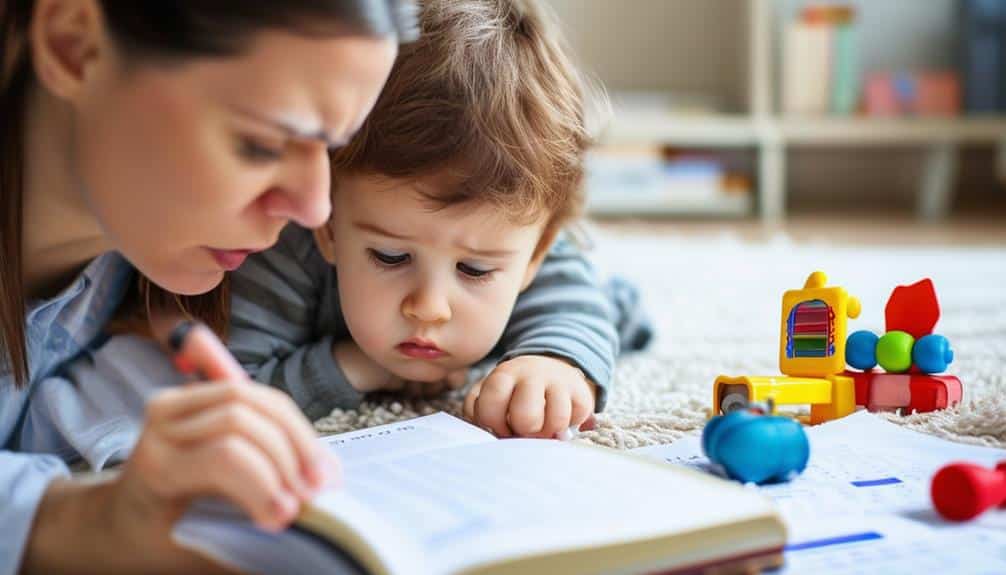Early intervention in child psychiatry focuses on identifying and addressing mental health challenges in their earliest stages. Young minds are highly adaptive, and addressing psychological concerns early can create opportunities for stronger emotional and social development. For children, psychiatric support may help pave the way for healthier relationships, better coping mechanisms, and improved overall well-being. Early treatment, guided by qualified professionals, provides children with tools that support their growth and resilience.
What Does Interventional Psychiatry Involve?
Intervention in psychiatry means taking intentional steps to address mental health challenges by offering support, resources, and structured treatment strategies. For early interventions in children, the process can start with careful assessment methods, such as observations, interviews, and standardized tools designed to evaluate emotional and behavioral patterns. Treatments may include therapy, skill-building techniques, or behavioral strategies. These approaches are intended to help children develop healthy coping mechanisms, manage emotions effectively, and improve their social interactions. For many children, working with professionals in a safe, supportive environment allows them to express themselves openly while learning strategies tailored to suit their individual needs.
How Does It Apply to Children?
Child psychiatry recognizes the unique developmental stages young minds go through. Early years play a significant role in shaping a person’s cognitive, emotional, and social foundation. Challenges such as anxiety, attention difficulties, mood disorders, or behavioral patterns often emerge during this formative period and may be addressed more effectively when identified early.
Professionals in child psychiatry design programs with an understanding of how children process emotions and interact with others. Certain therapeutic methods integrate creative and age-appropriate techniques to engage young minds. These methods help children feel at ease, allowing them to share emotions or experiences that might otherwise remain unaddressed. For families, early interventions offer guidance on how to support the child outside the therapy space. Parents may be provided with tools to better understand their child’s needs, create positive routines, and foster a sense of safety and trust at home.
What Are the Benefits?
The benefits of early psychiatric intervention are not limited to immediate improvements; they can influence a child’s life trajectory. Early action fosters emotional development, helping children better understand and regulate their feelings. This foundation may lead to healthier relationships with themselves and others, minimizing potential conflicts or communication challenges.
Family dynamics may improve as well. It can be common for parents and siblings to struggle alongside a child experiencing mental health challenges, but early intervention provides an opportunity for families to rebuild connections and establish a sense of harmony. Children may feel more at ease when supported by a cohesive family environment, which can amplify the therapeutic process.
Perhaps most notably, addressing mental health concerns in childhood may reduce the likelihood of issues intensifying in the future. By intervening early, the cycle of untreated mental health conditions may be broken. This can give children a chance to step into adulthood with the tools they need to lead healthier, more fulfilling lives.
Seek Professional Psychiatric Care
Early intervention serves as a pathway to healthier developmental outcomes for children facing mental health challenges. Skilled professionals use tailored strategies that meet the child where they are, helping them build a foundation for emotional strength and resilience. With the right care and support, young minds can develop the skills they need to thrive both now and in the future.









Leave a Reply